Licensing Showdown: Curacao vs MGA in the World of Crash‑Game Operators
The Licensing Landscape: Setting the Scene
When it comes to online crash-game operators, licensing isn’t just a bureaucratic checkbox—it shapes the entire player experience. The Curacao eGaming license and the Malta Gaming Authority (MGA) license are two of the most talked-about regulatory badges in this space. Each carries distinct implications for operators and players alike, especially those who approach crash games with a strategic mindset.
Curacao has long been the go-to for many emerging operators, thanks to its relatively straightforward application process and cost-effective fees. On the other hand, MGA’s stringent regulatory framework is often seen as the gold standard, especially in Europe, where player protection and compliance standards are rigorously enforced. But what does that mean for you, the skilled player trying to navigate this increasingly crowded market?
Operational Differences Between Curacao and MGA
Operators licensed under Curacao typically enjoy more operational flexibility. This can translate to faster game rollouts and innovative features, which is a double-edged sword. While it’s great to see fresh ideas, the lack of strict oversight sometimes results in inconsistent fairness or payout transparency. MGA-licensed operators, conversely, must adhere to tighter controls. Regular audits, mandatory responsible gambling tools, and transparent RTP (Return to Player) disclosures are standard.
Interestingly, many crash-game platforms under MGA licenses also tend to integrate more robust anti-fraud systems. This means fewer worries about rigged algorithms or unfair advantage—something that skilled players, who often rely on pattern recognition and timing, appreciate. The trade-off? MGA operators might be slower to adopt novel game mechanics, constrained by regulatory red tape.
Player Protection and Reputation: What Really Matters
Let’s be honest: reputation matters. A license from Curacao doesn’t carry the same weight globally as one from MGA. Players from jurisdictions with strict gambling laws often prefer MGA-licensed platforms because they’re backed by a regulator known for enforcing player rights. For example, MGA requires operators to have clear dispute resolution procedures and segregated player funds.
Curacao operators sometimes fall short here. There have been instances where player complaints about delayed withdrawals or opaque terms lingered unresolved. That said, not all Curacao-licensed operators are shady; some maintain high standards. But the regulatory environment doesn’t always incentivize it. For professional players, this can be a dealbreaker, especially when large sums are involved.
Impact on Strategy and Game Selection
The type of license can subtly influence the strategic choices a player makes. MGA-licensed platforms often feature crash games with verified provably fair systems. This transparency allows experienced players to apply statistical methods or even automated bots with more confidence. Conversely, on Curacao platforms, the opacity of some crash games might force players to rely more on intuition or anecdotal evidence.
Game selection itself varies. MGA operators tend to partner with established software providers, ensuring a consistent quality baseline. Curacao operators sometimes experiment with smaller studios, which can lead to unique but riskier game offerings. For instance, a recent MGA-licensed site reported a steady RTP around 97.5% for its crash games, while a comparable Curacao site fluctuated between 94% and 98%, depending on the title.
Real-World Examples and Mini Case Studies
Take the example of two popular crash-game operators: one MGA-licensed, the other Curacao-licensed. The MGA operator, over a six-month period, maintained an average payout speed of 12 hours, with a complaint resolution rate above 90%. The Curacao operator, while offering slightly higher bonuses, had payout delays averaging 48 hours and a complaint resolution rate closer to 65%. This disparity impacts player trust and long-term engagement.
Another case involves a professional player who used an MGA-licensed platform’s provably fair system to develop a timing-based strategy, resulting in a 15% ROI over three months. Attempts to replicate this on a Curacao site failed due to inconsistent game fairness and lack of transparency. It’s a reminder that licensing affects not just the legal framework but also the practical chances of success.
Broader Online Gambling Trends and What They Mean
Online gambling is evolving fast. Regulators worldwide are cracking down on lax licensing regimes. MGA’s reputation is growing, especially as markets like the UK and Germany tighten rules. Meanwhile, Curacao is trying to modernize its framework, but progress is slow.
This trend affects crash-game operators too. Increasingly, players demand transparency and security, pushing operators to seek more respected licenses. The rise of blockchain and provably fair gaming also plays into this dynamic, favoring jurisdictions that enforce strong compliance and auditability.
One interesting side note: some operators hold dual licenses, leveraging Curacao’s flexibility and MGA’s credibility. This hybrid approach is gaining traction but can confuse players about which rules apply.
Final Thoughts on Choosing a Licensed Crash-Game Operator
Choosing between Curacao and MGA-licensed crash-game operators isn’t just about picking a name on a certificate. It’s about weighing trust, transparency, and the kind of strategic edge you want to maintain. If you’re a pro player who values clear rules, fast payouts, and dispute protection, MGA-licensed platforms generally deliver more peace of mind. But if you’re chasing cutting-edge features and don’t mind a bit of risk, some Curacao operators might offer unique opportunities.
For those who want to dig deeper into the nuances of crash games and licensing, this guide on comparing licensed operators might be the next step. Because in this game, knowledge isn’t just power—it’s profit.

